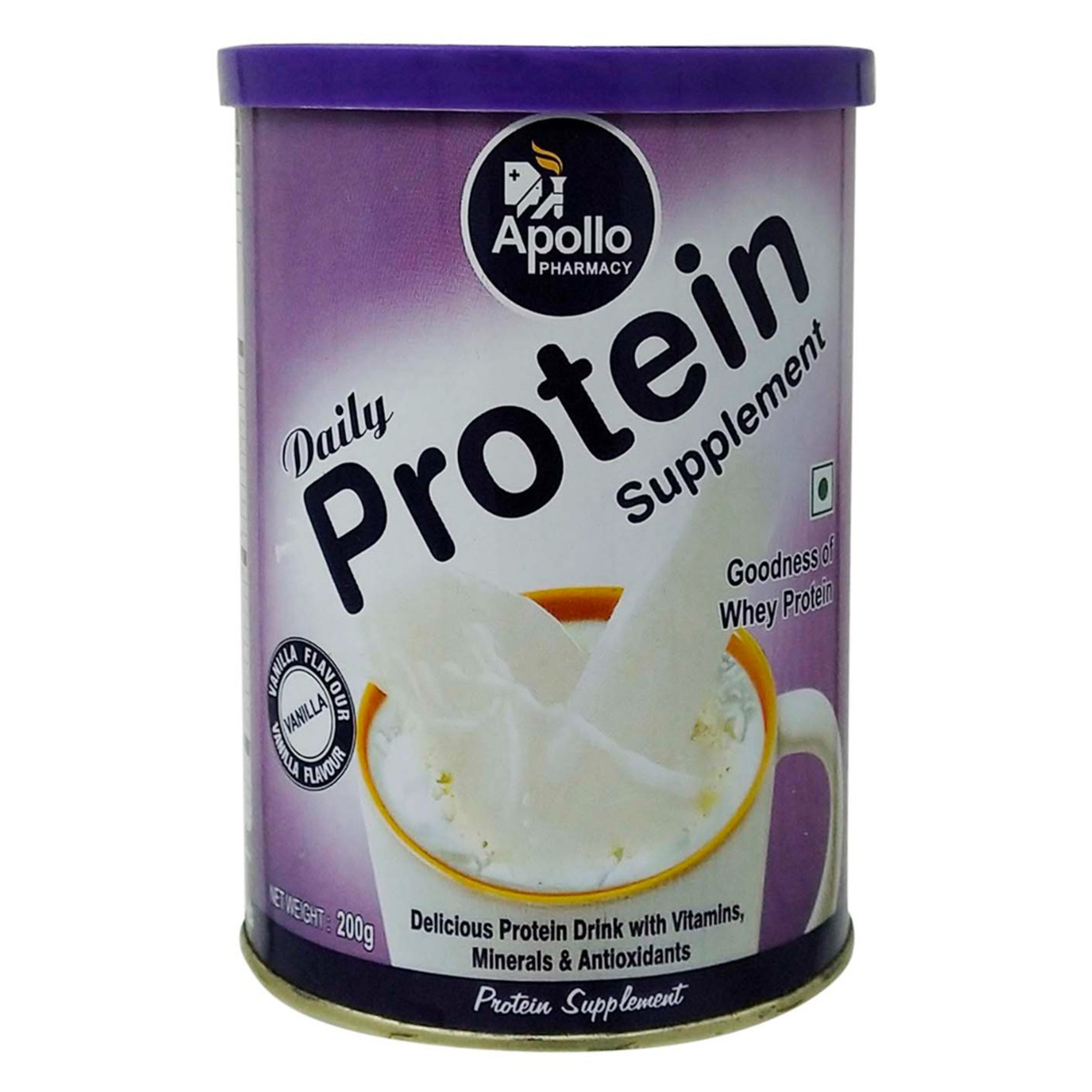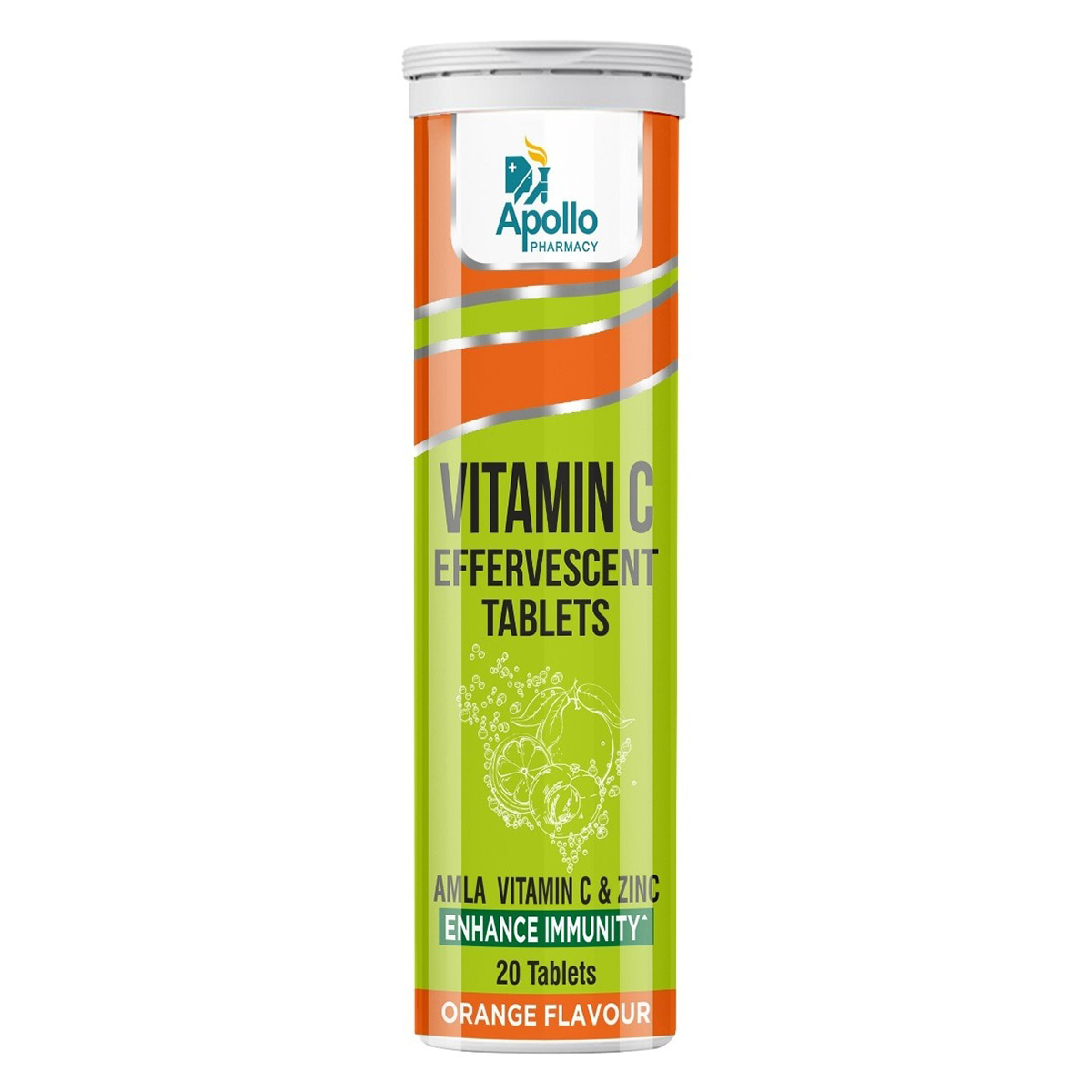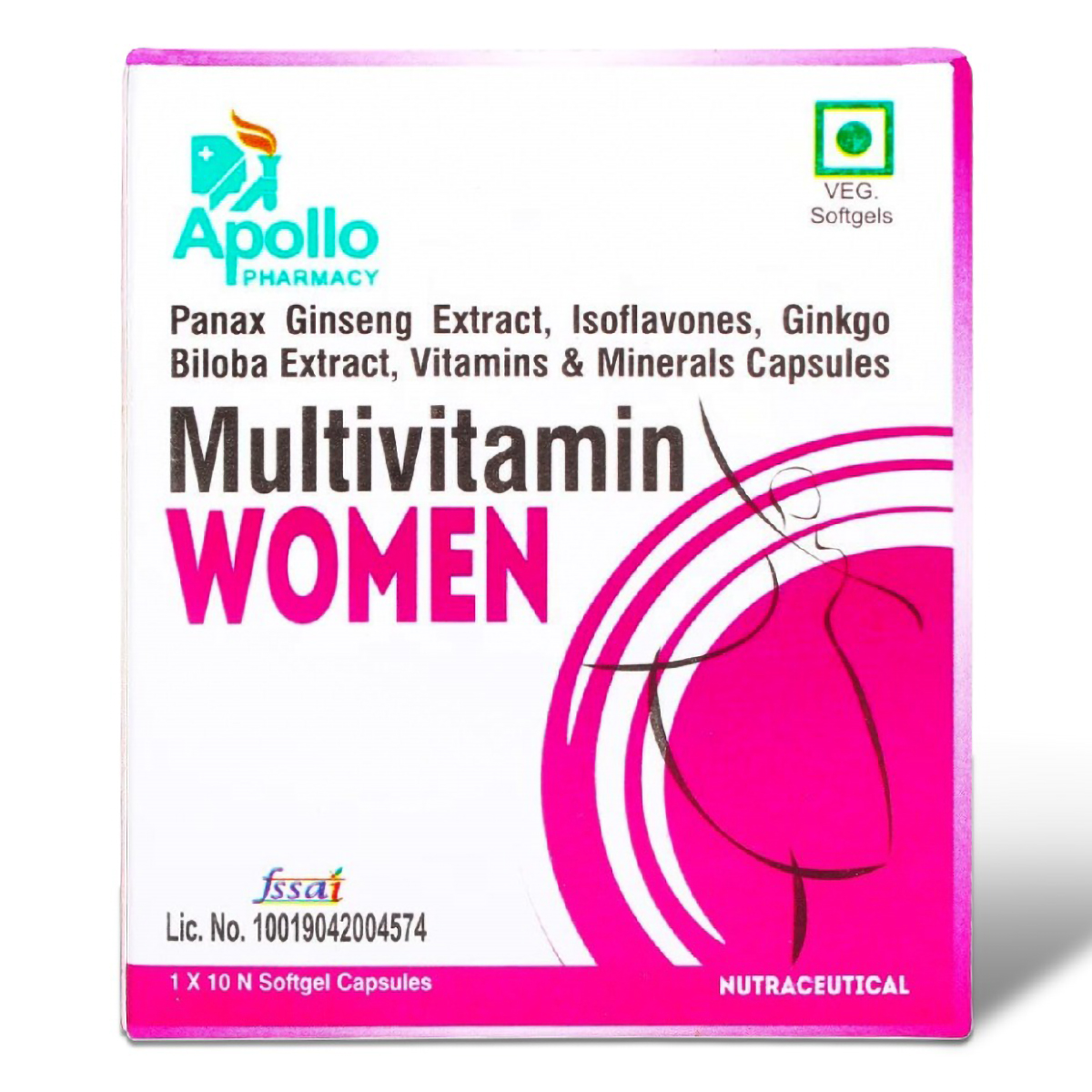Shelcal-K Tablet
MRP ₹433.5
(Inclusive of all Taxes)
₹65.0 Cashback (15%)
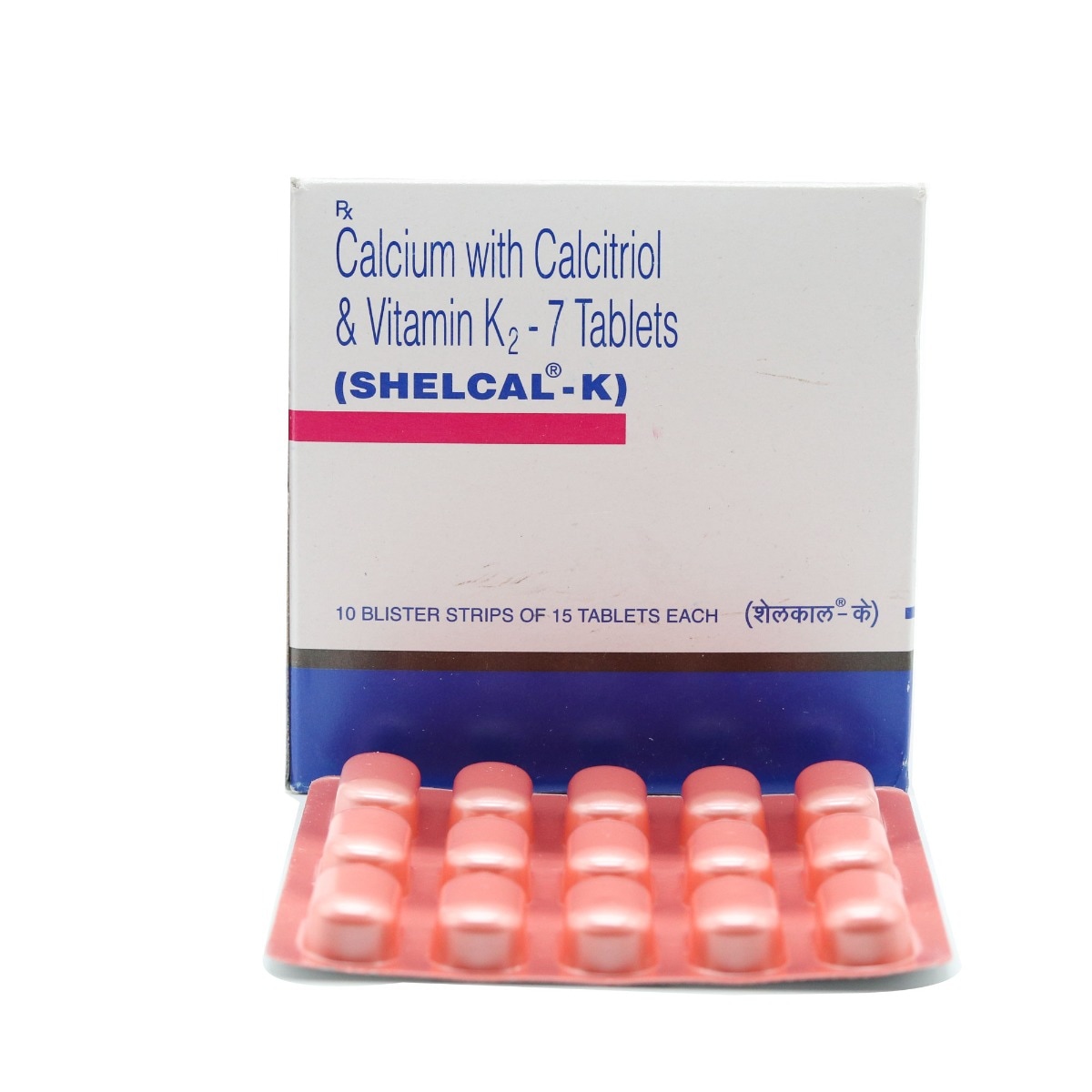
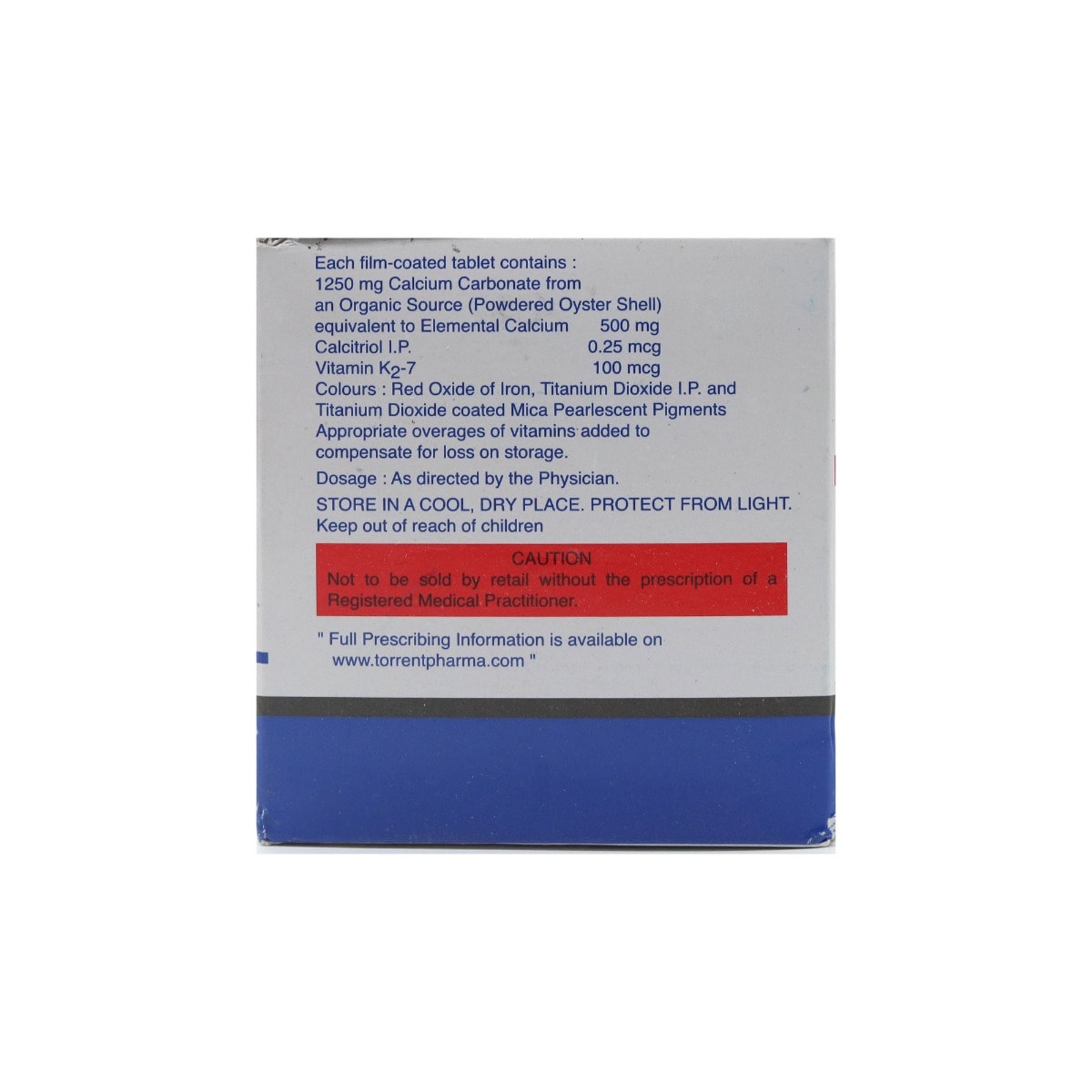
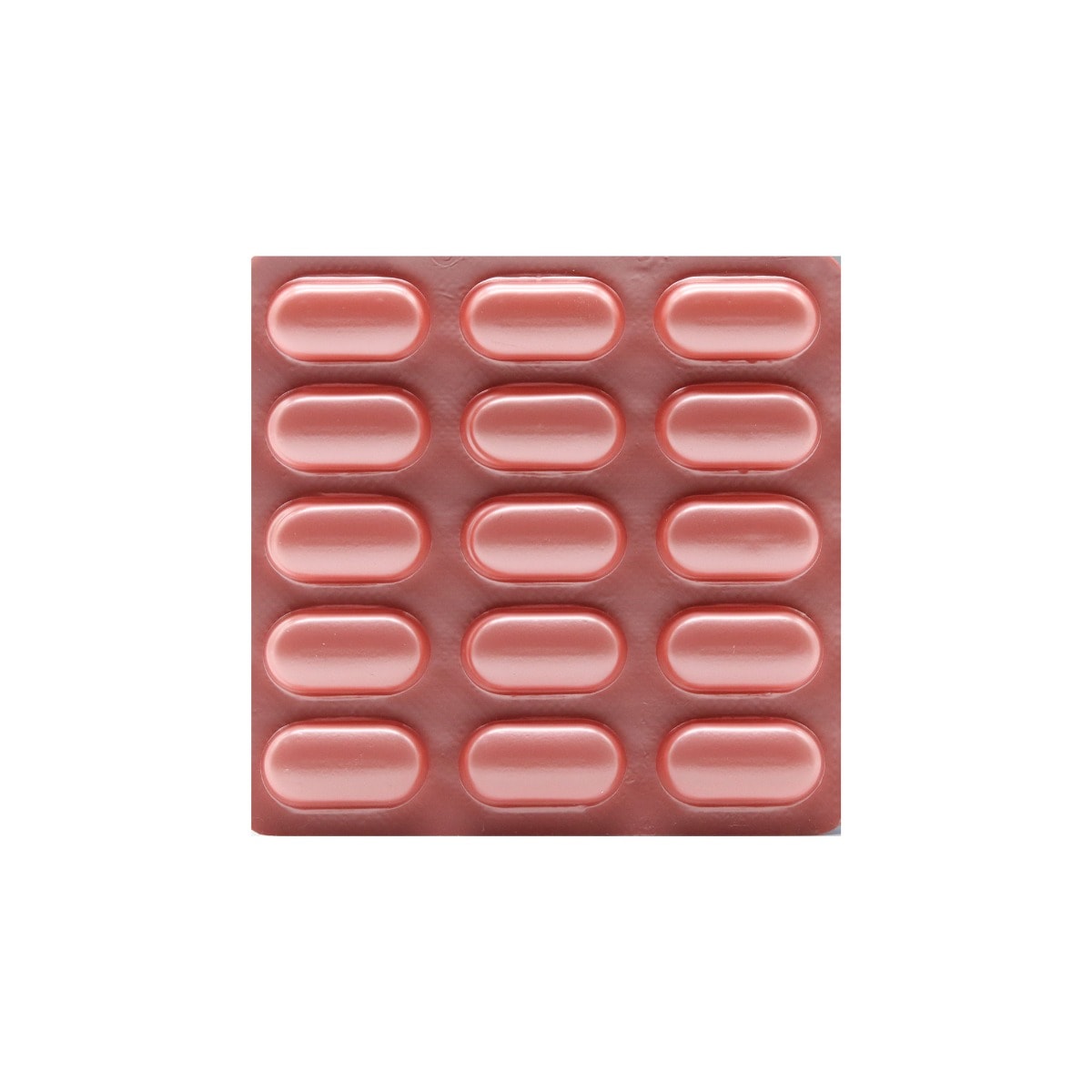
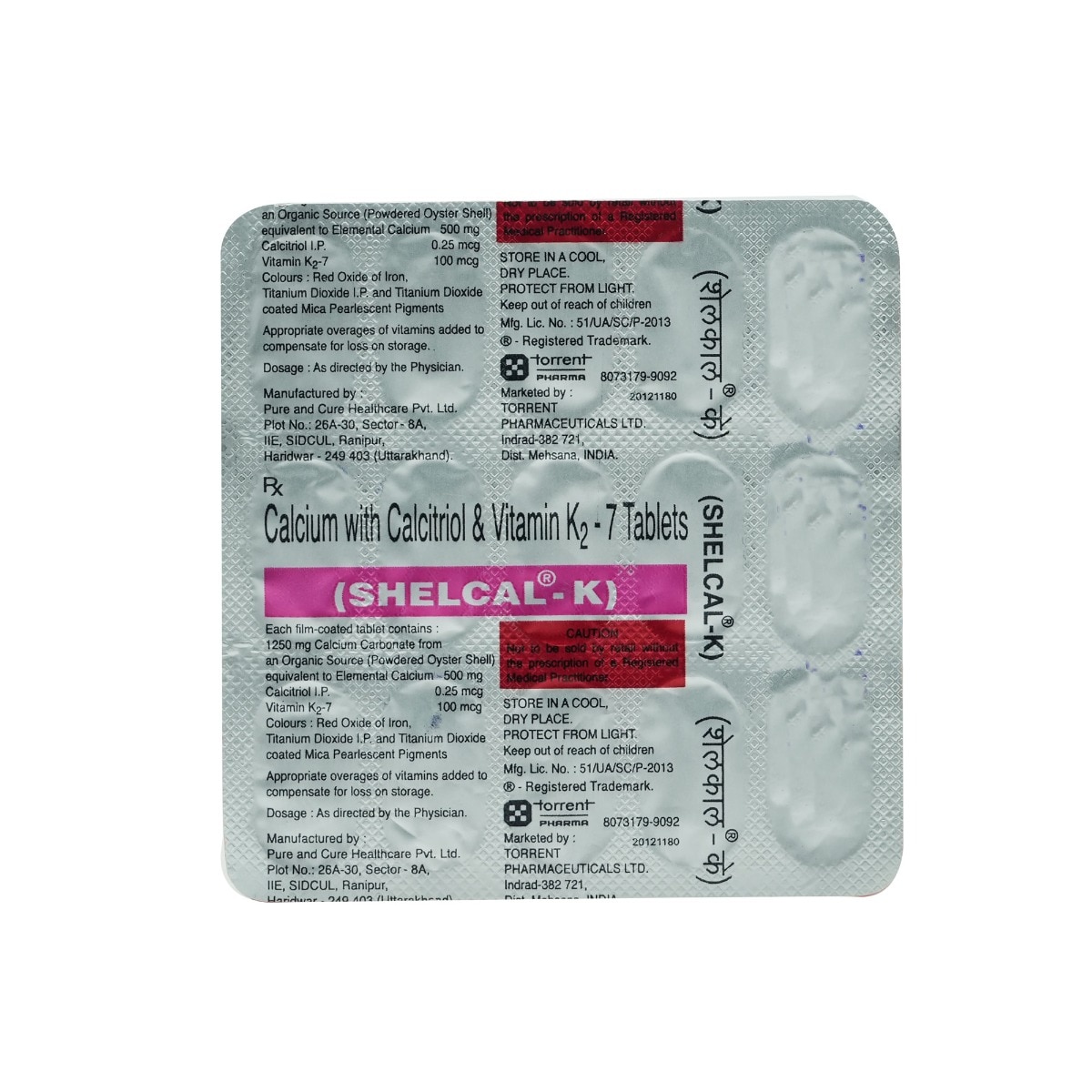
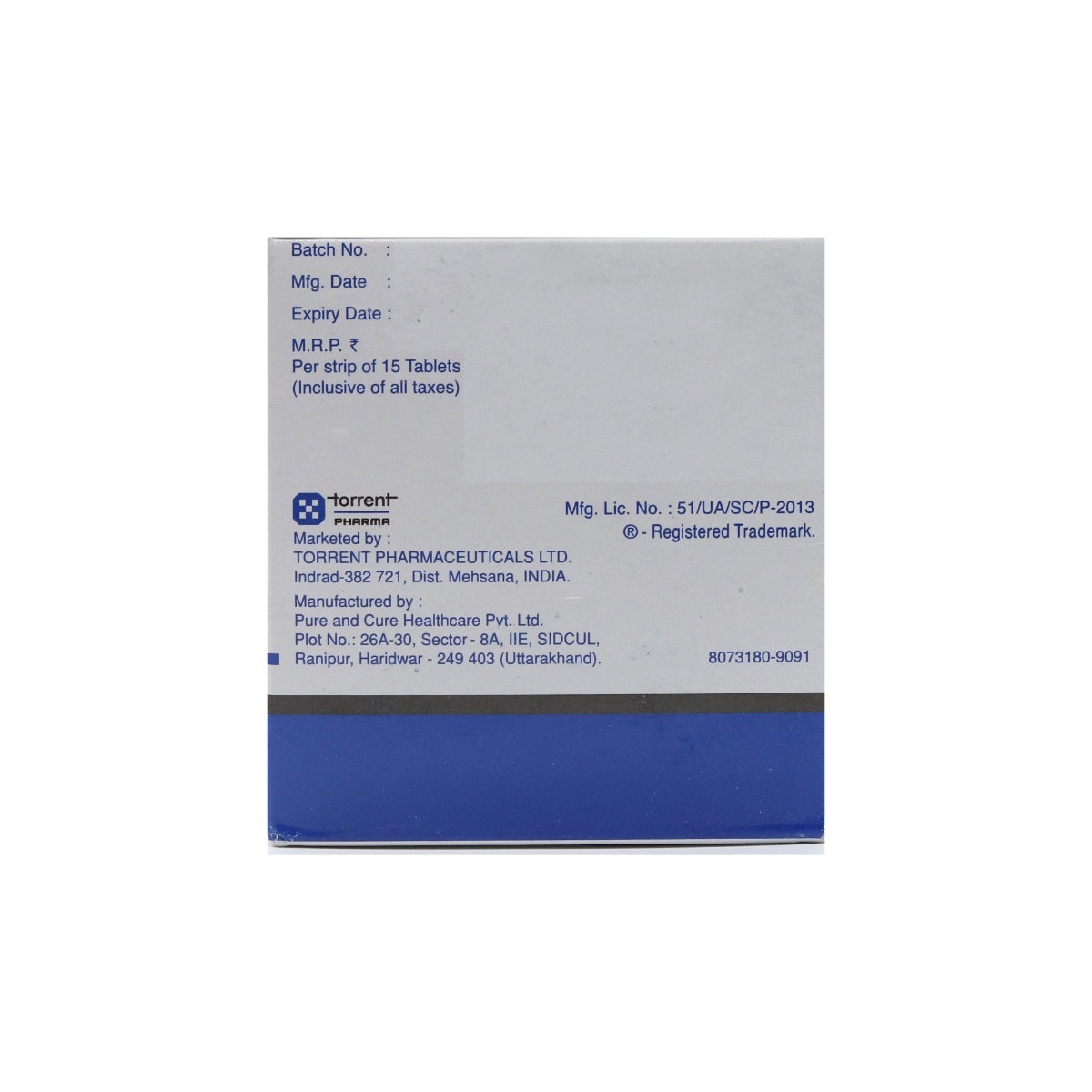
Available Offers
Therapeutic Class
Author Details
We provide you with authentic, trustworthy and relevant information
Drug-Drug Interactions Checker List
- AMPHETAMINE
- DULOXETINE
- RANITIDINE
- LEVOTHYROXINE
- ERGOCALCIFEROL
- CHOLECALCIFEROL
- ASPIRIN
- DICOUMAROL
- WARFARIN
- CHOLESTYRAMINE
- COLESTIPOL
- DOXYCYCLINE
- CIPROFLOXACIN
- ALENDRONATE SODIUM
- ORLISTAT
- ESTRAMUSTINE
- SEVELAMER
Drug-Drug Interactions
Drug-Drug Interactions
Login/Sign Up
Co-administration of Paricalcitol and Shelcal-K Tablet are forms of vitamin D, and taking too much vitamin D may lead to toxic effects related to excessive calcium levels in the blood and urine.
How to manage the interaction:
Concomitant use of Paricalcitol with Shelcal-K Tablet can lead to an interaction, it can be taken if advised by a doctor. Consult the prescriber if you experience symptoms of vitamin D intoxication such as weakness, fatigue, headache, vertigo, drowsiness, ringing in the ears, loss of appetite, nausea, vomiting, constipation, dry mouth, metallic taste, muscle pain, bone pain, muscle incoordination, and low muscle tone. Do not discontinue the medication without consulting a doctor.
Co-administration of Shelcal-K Tablet with Dihydrotachysterol can increase the risk of adverse effects.
How to manage the interaction:
Co-administration of Dihydrotachysterol with Shelcal-K Tablet can possibly result in an interaction, but it can be taken if your doctor has advised it. If you notice any of these symptoms - irregular heartbeat, seizures, weakness, tiredness, headache, dizziness, ringing in the ears, loss of appetite, feeling sick, throwing up, constipation, dry mouth, strange taste in your mouth, muscle or bone pain, trouble coordinating movements, weak muscles, peeing a lot, feeling very thirsty, losing weight, eye infection, sensitivity to light, itching, or a higher body temperature - make sure to call a doctor right away. Do not discontinue any medications without consulting a doctor.
Co-administration of Orlistat with Shelcal-K Tablet may reduce the levels of Shelcal-K Tablet which can lead to low treatment outcomes.
How to manage the interaction:
Although there is an interaction, Shelcal-K Tablet can be taken with Orlistat when prescribed by the doctor. Do not discontinue any medications without consulting a doctor.
Co-administration of Metolazone with Shelcal-K Tablet can cause blood calcium levels to become too high.
How to manage the interaction:
Although there is an interaction, Shelcal-K Tablet can be taken with metolazone if prescribed by the doctor. Consult the doctor if you experience symptoms such as dizziness, drowsiness, weakness, lethargy, headache, nausea, vomiting, or seizures. Do not discontinue the medication without consulting a doctor.
Co-administration of Shelcal-K Tablet with Digitoxin may increase the risk or severity of digitoxin toxicity and irregular heart rhythm.
How to manage the interaction:
Although there is an interaction, Shelcal-K Tablet can be taken with Digitoxin if prescribed by the doctor. Consult the prescriber if you experience symptoms that could indicate high blood calcium, such as weakness, fatigue, headache, dizziness, drowsiness, ringing in the ears, loss of appetite, nausea, vomiting, constipation, dry mouth, a metallic taste in the mouth, bone or muscle pain, incoordination, frequent urination, and weight loss. Also, seek medical attention if you experience symptoms of digitoxin toxicity, such as blurred vision, slow pulse, or irregular heartbeats. Do not discontinue the medication without consulting a doctor.
Co-administration of Shelcal-K Tablet and Burosumab may cause increases in phosphorus and vitamin D levels in the blood, which may lead to an increased risk of kidney stones.
How to manage the interaction:
There may be a possibility of interaction between Shelcal-K Tablet and Burosumab, but it can be taken if prescribed by a doctor. If you have any of these symptoms like kidney stones, it's important to contact a doctor right away. Do not stop using any medications without a doctor's advice. Do not discontinue the medication without consulting a doctor.
Co-administration of Isoniazid with Shelcal-K Tablet may decrease the effects of Shelcal-K Tablet.
How to manage the interaction:
Although there is an interaction, Shelcal-K Tablet can be taken with isoniazid if prescribed by the doctor. Do not stop using any medications without talking to a doctor. Do not discontinue the medication without consulting a doctor.
Co-administration of Shelcal-K Tablet with Carbamazepine may decrease the effects of Shelcal-K Tablet.
How to manage the interaction:
Although there is an interaction, Shelcal-K Tablet can be taken with Carbamazepine if prescribed by the doctor. However, if you experience any unusual symptoms contact your doctor immediately. Do not stop using any medications without first talking to your doctor.
Co-administration of Rifapentine with Shelcal-K Tablet may decrease the effects of Shelcal-K Tablet.
How to manage the interaction:
Although there is an interaction, Shelcal-K Tablet can be taken with Rifapentine if prescribed by the doctor. The doctor may recommend dose adjustment or special tests to use both medicines safely. Do not discontinue the medication without consulting a doctor.
Taking Shelcal-K Tablet with Fosphenytoin can reduce the levels and efficacy of Shelcal-K Tablet.
How to manage the interaction:
Taking Shelcal-K Tablet with Fosphenytoin together can possibly result in an interaction, but it can be taken if a doctor has advised it. If you notice any symptoms of sudden dizziness, weakness, chest pain or pressure, abnormal body movements, uncontrollable eye movements, itching, burning, or tingling sensation, it's important to contact a doctor right away. Do not stop using any medications without a doctor's advice. Do not discontinue the medication without consulting a doctor.
Drug-Food Interactions
Drug-Food Interactions
Login/Sign Up
Drug-Diseases Interactions
Drug-Diseases Interactions
Login/Sign Up
Drug Warnings
Let your doctor know if you are allergic to any of the components. Shelcal-K Tablet is not recommended if you have hypercalcemia (high calcium levels), hypervitaminosis D (high vitamin D levels), and malabsorption syndrome (difficulty absorbing nutrition from food). Brief your medical history if you have any heart/liver/blood vessel diseases, kidney stones, sarcoidosis (growth of inflammatory cells in different parts of the body), Crohn's disease (inflammatory bowel disease), Whipple's disease (bacterial infection affecting joints and digestive system), achlorhydria (little or no stomach acid), low levels of bile, and phosphate imbalance. Pregnant or breastfeeding women should consult their doctor before taking Shelcal-K Tablet . Drinking alcohol can affect calcium absorption; hence it is advised to limit alcohol intake while using Shelcal-K Tablet . Children should be given this supplement only when advised by the doctor.
Side Effects of Shelcal-K Tablet
- Constipation
- Stomach upset
- Nausea
- Vomiting
- Loss of appetite
- Weakness
- Tiredness
- Headache
Directions for Use
Medicinal Benefits Mweb
Medicinal Benefits
Shelcal-K Tablet is used to treat low blood calcium levels and various associated conditions caused by low calcium levels in the body, such as osteoporosis, osteomalacia, hypoparathyroidism, and tetany. It consists of Calcium (mineral), Calcitriol (Vitamin D3), and Vitamin K2-7 (Menaquinone). Calcium is a mineral that prevents or treats calcium deficiency. It helps to maintain bone and tooth health. Calcitriol, a synthetic form of Vitamin D3, treats calcium deficiency with hypoparathyroidism (the decreased activity of the parathyroid glands) and metabolic bone diseases in people with chronic kidney failure by improving the absorption of calcium from the intestine. Vitamin K2-7 helps maintain bone density by promoting calcium transport from the bloodstream into the bone. Together, Shelcal-K Tablet helps improve bone strength and treats associated nutritional deficiencies.
Uses of Shelcal-K Tablet
About Shelcal-K Tablet
Shelcal-K Tablet belongs to the class of nutritional supplements, primarily used to treat nutritional deficiencies. Shelcal-K Tablet effectively treats various conditions caused by low calcium levels in the body, such as osteoporosis (weak and brittle bones), osteomalacia/rickets (weak bones), hypoparathyroidism (low levels of parathyroid hormone), and latent tetany (a muscle disease with low blood calcium levels). Nutritional deficiency occurs when the body is unable to absorb or get enough nutrients from food.
Shelcal-K Tablet consists of three medicines, namely: Calcium (mineral), Calcitriol (Vitamin D3), and Vitamin K2-7 (Menaquinone). Calcium is a mineral that prevents or treats a calcium deficiency. It provides essential nutrients to maintain bone formation. Calcitriol is a synthetic version of Vitamin D3 that treats calcium deficiency and metabolic bone diseases in people with chronic kidney failure. It raises the Vitamin D levels and thereby improving the absorption rate of calcium from the intestine. Vitamin K2-7 helps maintain bone density by promoting calcium transport from the bloodstream into the bone.
Your doctor will decide the duration based on your medical condition. In some cases, Shelcal-K Tablet can cause side effects like constipation, stomach upset, nausea, vomiting, loss of appetite, weakness, tiredness, and headache. Most of these side effects of Shelcal-K Tablet do not require medical attention and gradually resolve over time. However, if these side effects persist longer, please consult your doctor.
Inform your doctor if you have hypercalcemia (high calcium levels), hypervitaminosis D (high vitamin D levels), malabsorption syndrome (difficulty absorbing nutrition from food), heart/kidney/liver/blood vessel diseases, or kidney stones before starting Shelcal-K Tablet . Pregnant or breastfeeding women should consult their doctor before taking Shelcal-K Tablet . Drinking alcohol can affect calcium absorption; hence it is advised to limit alcohol intake while using Shelcal-K Tablet . Children should be given this supplement only when advised by the doctor.
Online payment accepted
know your delivery time
Provide Delivery Location
Author Details
We provide you with authentic, trustworthy and relevant information
Therapeutic Class
All Substitutes & Brand Comparisons
Shelcal-K Tablet Substitute

- Stay hydrated by drinking plenty of water.
- Avoid dairy product such as cheese, milk, yogurt and ice cream.
- Maintain healthy weight and exercise daily.
- Following a low-calcium diet can help reduce hypercalcemia symptoms.
- Inform your doctor about your constipation symptoms. They may adjust your medication or advise alternative treatments.
- Stay hydrated by drinking sufficient of water (at least 8-10 glasses a day) to help soften stool and promote bowel movements.
- Increase fibre intake by eating foods high in fibre, such as fruits, whole grains, vegetables and legumes, to help bulk up the stool.
- Establish a bowel routine by trying to go to the bathroom at the same time each day to train your bowels.
- Engaging in regular exercise, like walking or yoga, can support in bowel movement stimulation.
- Consult your doctor if constipation persists, and discuss alternative treatments or adjustments to your medication.
- Hydrate your body: Drink enough water to prevent dehydration and headaches.
- Calm Your Mind: Deep breathing and meditation can help you relax and relieve stress.
- Rest and Recharge: Sleep for 7-8 hours to reduce headache triggers.
- Take rest: lie down in a quiet, dark environment.
- Cold or warm compresses can help reduce tension.
- Stay Upright: Maintain good posture to keep symptoms from getting worse.
- To treat headaches naturally, try acupuncture or massage therapy.
- Over-the-counter pain relievers include acetaminophen and ibuprofen.
- Prescription Assistance: Speak with your doctor about more substantial drug alternatives.
- Severe Headaches: Seek emergency medical assistance for sudden, severe headaches.
- Frequent Headaches: If you get reoccurring headaches, consult your doctor.
- Headaches with Symptoms: Seek medical attention if your headaches include fever, disorientation, or weakness.
- Reduce sodium intake to minimize calcium excretion in urine.
- Limit animal protein consumption to decrease urinary calcium levels.
- Increase fluid intake by drinking plenty of water to dilute urine.
- Moderate calcium intake based on individual needs, avoiding drastic restriction.
- Limit oxalate-rich foods like spinach and chocolate to minimize kidney stone formation.
- Stay hydrated by drinking plenty of water.
- Consider reducing vitamin D supplementation if excessive intake is contributing to hypercalciuria.
- Regularly monitor urine calcium levels through 24-hour urine tests.
- Always seek guidance from a healthcare expert prior to implementing substantial changes to your diet or lifestyle routine.
- Inform your doctor about the medication you're taking and the UTI symptoms you're experiencing.
- Your doctor may adjust your medication regimen or consider alternative medications or dosages that may reduce the risk of UTIs.
- Drink plenty of water (at least 8-10 glasses a day) to help flush out bacteria. Avoid sugary drinks and caffeine, which can exacerbate UTI symptoms.
- Urinate when you feel the need rather than holding it in. This can help prevent bacterial growth and reduce the risk of UTIs.
- Consider cranberry supplements: Cranberry supplements may help prevent UTIs by preventing bacterial adhesion.
- Monitor UTI symptoms and report any changes to your doctor.
- If antibiotics are prescribed, take them as directed and complete the full course.

Have a query?
Side Effects
- High Calcium Levels In Blood
- Constipation
- Headache
- Loss of appetite
- Muscle Pain
- Excessive Calcium In Urine
- Urinary Tract Infection
If any of the above side effects continue or intensify, seek medical advice. Professional guidance may be necessary for appropriate care and treatment adjustments.
Buy best Health & Nutrition products by
Vlado Sky Enterprise Pvt Ltd
Abbott India Ltd
Sun Pharmaceutical Industries Ltd
Apollo Healthco Limited
Zydus Healthcare Ltd
Macleods Pharmaceuticals Ltd
West Coast Pharmaceuticals Pvt Ltd
Intas Pharmaceuticals Ltd
Mankind Pharma Pvt Ltd
Meyer Organics Pvt Ltd
Emcure Pharmaceuticals Ltd
Lupin Ltd
Alkem Laboratories Ltd
Nutritionalab Pvt Ltd
Eris Life Sciences Ltd
Akumentis Healthcare Ltd
British Biologicals
La Renon Healthcare Pvt Ltd
Cipla Ltd
Micro Labs Ltd
Zuventus Healthcare Ltd
Torrent Pharmaceuticals Ltd
Pharmed Ltd
Dr Reddy's Laboratories Ltd
Modi Mundipharma Pvt Ltd
Corona Remedies Pvt Ltd
Hindustan Unilever Ltd
Indchemie Health Specialities Pvt Ltd
Apex Laboratories Pvt Ltd
Koye Pharmaceuticals Pvt Ltd
Leeford Healthcare Ltd
Bioceutics Inc
East West Pharma India Pvt Ltd
Alniche Life Sciences Pvt Ltd
FDC Ltd
Alembic Pharmaceuticals Ltd
Aristo Pharmaceuticals Pvt Ltd
DR Johns Lab Pharma Pvt Ltd
Herbs Nutriproducts Pvt Ltd
Guardian Healthcare Services Pvt Ltd
Vasu Organics Pvt Ltd
Pulse Pharmaceuticals
Fourrts India Laboratories Pvt Ltd
TTK Healthcare Ltd
Raptakos Brett & Co Ltd
USV Pvt Ltd
Glanbia Performance Nutrition India Pvt Ltd
Morepen Laboratories Ltd
Innovcare Life Sciences Pvt Ltd
Linux Laboratories Pvt Ltd
Troikaa Pharmaceuticals Ltd
Cadila Pharmaceuticals Ltd
Bright Lifecare Pvt Ltd
Wockhardt Ltd
Sanofi India Ltd
Primus Remedies Pvt Ltd
Zydus Cadila
Kellogg India Pvt Ltd
Tablets India Ltd
Indoco Remedies Ltd
Medley Pharmaceuticals Ltd
Overseas Health Care Pvt Ltd
Procter & Gamble Health Ltd
Shri Balaji Overseas
Dabur India Ltd
Ordain Health Care Global Pvt Ltd
Systopic Laboratories Pvt Ltd
Ajanta Pharma Ltd
Daris Biocare
Health & Happiness (H&H) Trading India Pvt Ltd
Hexagon Nutrition Pvt Ltd
Nutricia International Pvt Ltd
Zee Laboratories Ltd
Aareen Healthcare Pvt Ltd
Aeronutrix Sports Products Pvt Ltd
Emami Ltd
Radicool Pharmaceuticals Pvt Ltd
Wanbury Ltd
Biovitamins Pvt Ltd
Cadila Healthcare Ltd
Esmatrix Life Sciences Pvt Ltd
Ipca Laboratories Ltd
Klm Laboratories Pvt Ltd
Lloyd Healthcare Pvt Ltd
Sain Medicaments Pvt Ltd
Septalyst Lifesciences Pvt Ltd
Tas Med India Pvt Ltd
Wallace Pharmaceuticals Pvt Ltd
Biorex Healthcare Pvt Ltd
Elbrit Life Sciences Pvt Ltd
Levin Life Sciences Pvt Ltd
Panacea Biotec Ltd
Adret Retail Pvt Ltd
Cipla Health Ltd
Delcure Life Sciences Ltd
Femura Pharmaceuticals Pvt Ltd
Gladstone Pharma India Pvt Ltd
GlaxoSmithKline Consumer Healthcare Ltd
Kepler Healthcare Pvt Ltd
Ronyd Healthcare Pvt Ltd
SPECIALITY SUPPLEMENT
CALCIUM
IRON
VITAMIN D
COLLAGEN
VITAMIN B12
VITAMIN C
FISH OIL OMEGA
VITAMIN B
MULTIVITAMIN
Adult Nutrition Drink
ZINC
SEXUAL HEALTH SUPPLEMENT
WHEY PROTEIN
Kids Nutrition Drink
VITAMIN B9
ENERGY DRINK
SPECIALITY NUTRITION DRINK
DRY FRUIT
HERBAL JUICE
VITAMIN E
Prebiotic & Probiotic
ORS
SUGAR SUBSTITUTE
WOMEN & MOTHER NUTRITION DRINK
Chyawanprash
MAGNESIUM
Protein Bar
BREAKFAST CEREAL
Protein Powder
BIOTIN
DIABETIC NUTRITION DRINK
Honey
WEIGHT LOSS
Fat Burner
PLANT PROTEIN POWDER
VITAMIN B1
Apple Cider Vinegar
MELATONIN
APPETITE STIMULANT
Meal Replacement
Peanut Butter
AMINO ACID
Flax seed Oil
INFUSION TEA
NUT & SEED
Ashwagandha
Instant Food
OATS
Olive Oil
Mass Gainer
Pre Workout
CURCUMIN
POTASSIUM
VITAMIN A
DISKETTE
L-Carnitine
Cod Liver Oil
CREATINE
MILLETS & CEREALS
VITAMIN B6
ARGININE
COENZYME Q10
Shilajit
Appetite Suppressant
Chromium
MILK THISTLE
Glutathione
VITAMIN B2
VITAMIN K
L-Glutamine
MORINGA
GARCINIA CAMBOGIA
GREEN TEA
SPIRULINA
ALPHA-LIPOIC ACID
GLUCOSAMINE
GOKSHURA
BCAA Protein Powder
GILOY
NEEM
SAFFRON
SELENIUM
TRIPHALA
Tulsi
VITAMIN B3
VITAMIN B5
Brahmi
CANDIES
FRUIT JUICE
Face Gel
Specialty Supplements
WEIGHT GAINER
WHEAT GRASS POWDER
Customers Also Bought
Frequently Bought Together
₹146.63
MRP ₹195.5
25% off
1
+₹87.75
MRP ₹97.5
10% off
10
+Recommended for a 30-day course: 2 Strips



_0.jpg?tr=q-85)


